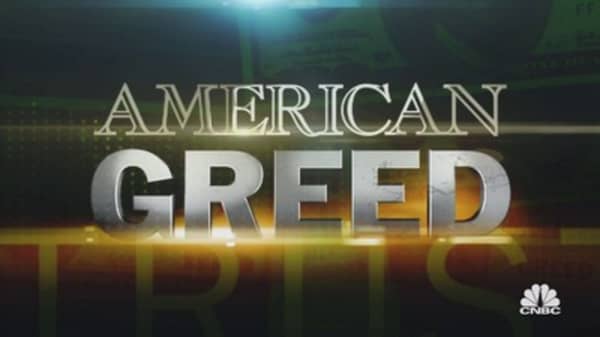The Ruse: A day or two after trade date, the trader calls up the broker and says he needs to cancel and correct a trade into a different account. And the stock in question has had a significant move. It appears that the hedge fund has built a time machine and magically changed the beneficial owner, which is illegal.
The Tell: If this happens more than once a quarter, then either something's going on or they need to hire a new back-office kid to book the trades.
The Guilty: When I was at the Galleon Group, there was a secret fund called The Admirals Fund and I was instructed to do twice as many cancel and corrects for it than any other fund. You do the math.
Read MoreThe most infamous Ponzi schemers
Bad behavior isn't always illegal, but it ensures that no one will be making you a friendship bracelet either: There's a code by which, we traders, live. It seems almost ludicrous that in the cold-blooded, cutthroat world of Wall Street such gentlemanly agreements exist, but they do. They have to exist, to keep us from descending into total anarchy. People who break these codes are labeled "bad guys."
As the head trader of billion dollar hedge funds, I knew I couldn't trade scared. If I was paranoid and constantly worried about getting ripped off from the "bad guys," I'd never formulate great relationships to help me advance. So, I operated within the guidelines of one simple proverb: Give someone enough rope to hang themselves. And it worked perfectly. Immediately, I'd wipe out the people who couldn't be trusted.
Sure maybe they got one over on me the first time, but never again.
Commentary by Turney Duff, a former trader at the hedge fund Galleon Group. Duff chronicled the spectacular rise and fall of his career on Wall Street in the book, "The Buy Side," and is currently working on his second book, a Wall Street novel. He is also featured on the CNBC show, "The Filthy Rich Guide." Follow him on Twitter @turneyduff.
Remember Kevin Trudeau, the guy who discovered "natural cures they don't want you to know about?" Yeah, he went to prison. You won't believe what this guy did. New season of "American Greed" starts tonight! Tune in to CNBC tonight at 10pm ET/PT. Here's a sneak peek:





